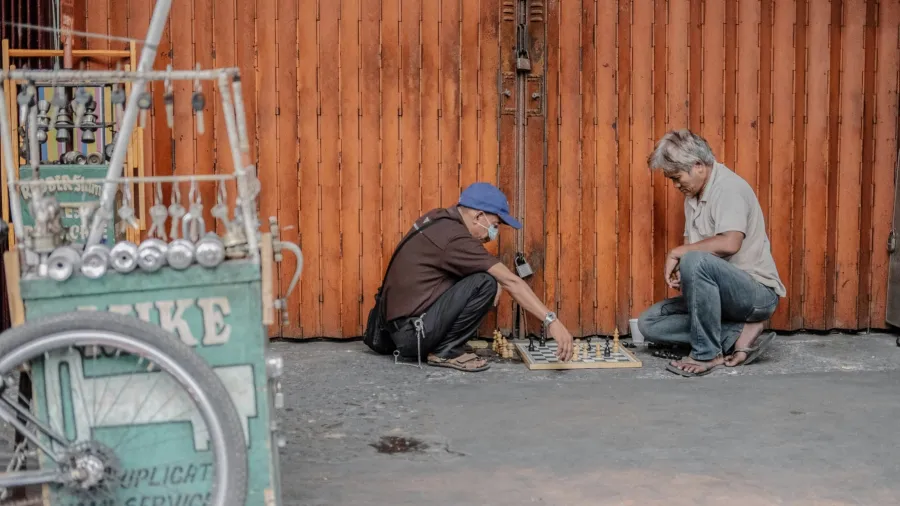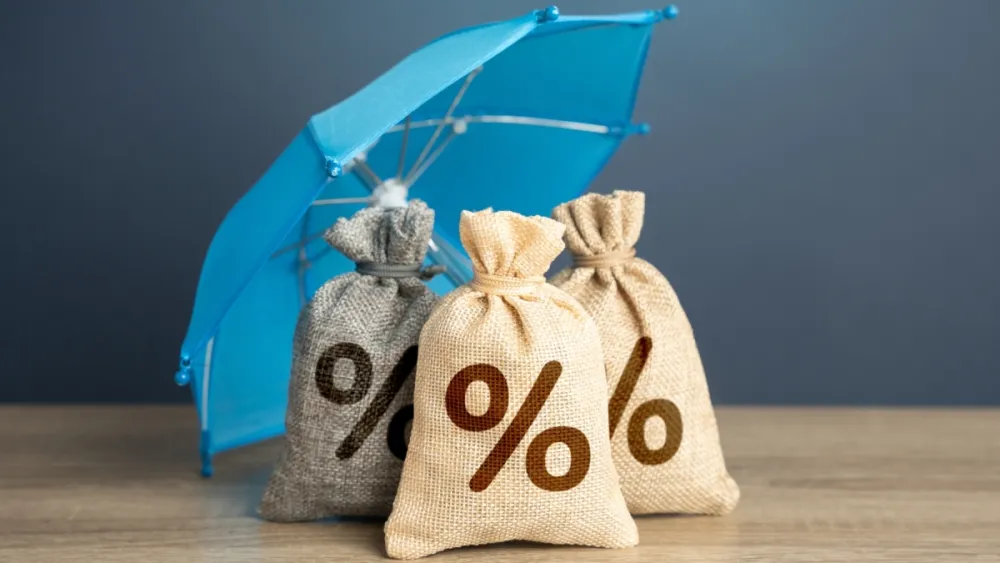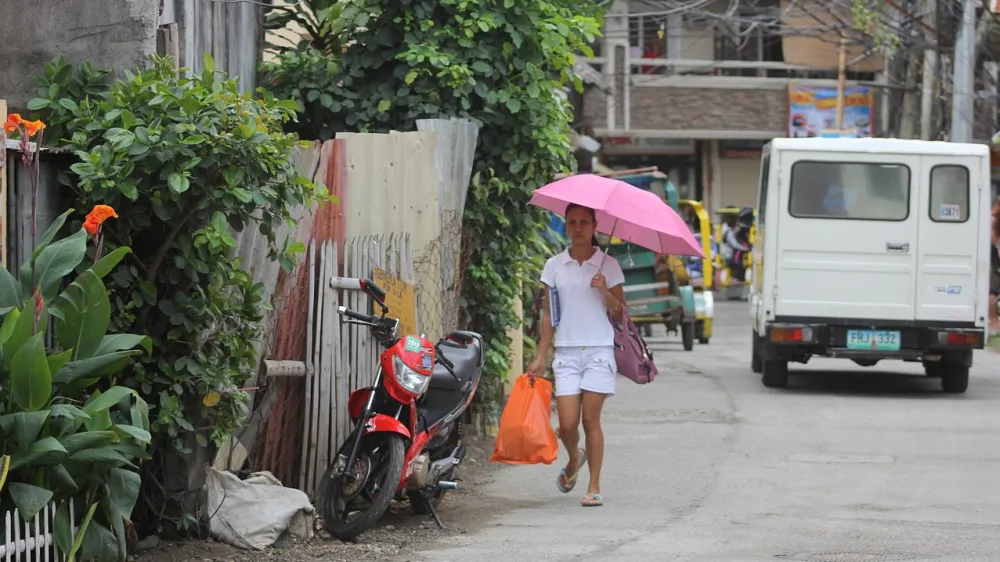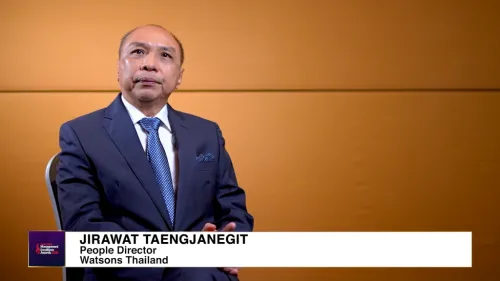
8 in 10 Filipinos seek more insurance amidst rising costs
Out-of-pocket health expenses reached $9b in 2022.
The financial confidence of Filipinos is low due to inflation concerns and rising healthcare costs, with 78% of respondents stating the need to increase their insurance coverage and benefits, revealed Manulife's Asia Care Survey 2024, with 1,050 Filipino respondents, introduced the MyFuture Readiness Index.
Many are adopting cost-saving strategies, such as using government health services and generic drugs (41% and 53%, respectively) and improving their diet and exercise habits.
In the Philippines, 76% of respondents feel employer-provided health benefits are insufficient.
As a result, 78% believe they need to supplement their retirement and pension benefits, and 58% plan to delay retirement due to family financial responsibilities.
Only 42% see children as a viable alternative to a pension, reflecting a shift from traditional views.
A healthy lifestyle and good physical well-being are essential for financial and mental well-being among consumers in the Philippines, according to new research by Manulife.
The top challenges affecting confidence in future well-being are rising healthcare costs (82%), inflation/rising living costs (81%), economic slowdown/recession (78%), increasing interest rates (78%), and declining health (73%).
Filipinos prioritise having passive income after retirement (43%), sufficient savings for emergencies (39%), financial freedom in retirement (32%), and savings for healthcare needs (31%).
“The survey reveals a lot of anxiety around economic volatility, healthcare-related expenses and uncertainty, which dampens the optimism of many Filipinos in achieving high-quality wellbeing in the future,” said Rahul Hora, President and CEO, Manulife Philippines.
“But there are ways to address these concerns so they are future-proofed. Significant of these is the value of financial advice and guidance that can help them assess and bring their goals closer to fruition, mitigate risks, and find the right products that provide stronger health and life protection, as well as investment and retirement solutions.”
Rising healthcare costs are a significant concern, with 82% of respondents citing it as a top threat, rising to 86% among 50 to 60-year-olds.
Out-of-pocket health expenses reached $9b in 2022 and are expected to hit $13b by 2028. Filipinos perceive healthcare cost inflation at 32%, much higher than the actual rate of 23%.
Key health concerns include heart disease (46%), diabetes (42%), stroke (34%), and cancer (31%).
The index measures current and future physical, mental, and financial well-being on a scale of 1 to 100. Filipinos' desired readiness level is 91, above the regional average, but their expected level is 79, indicating a lack of confidence in the future.



















 Advertise
Advertise










